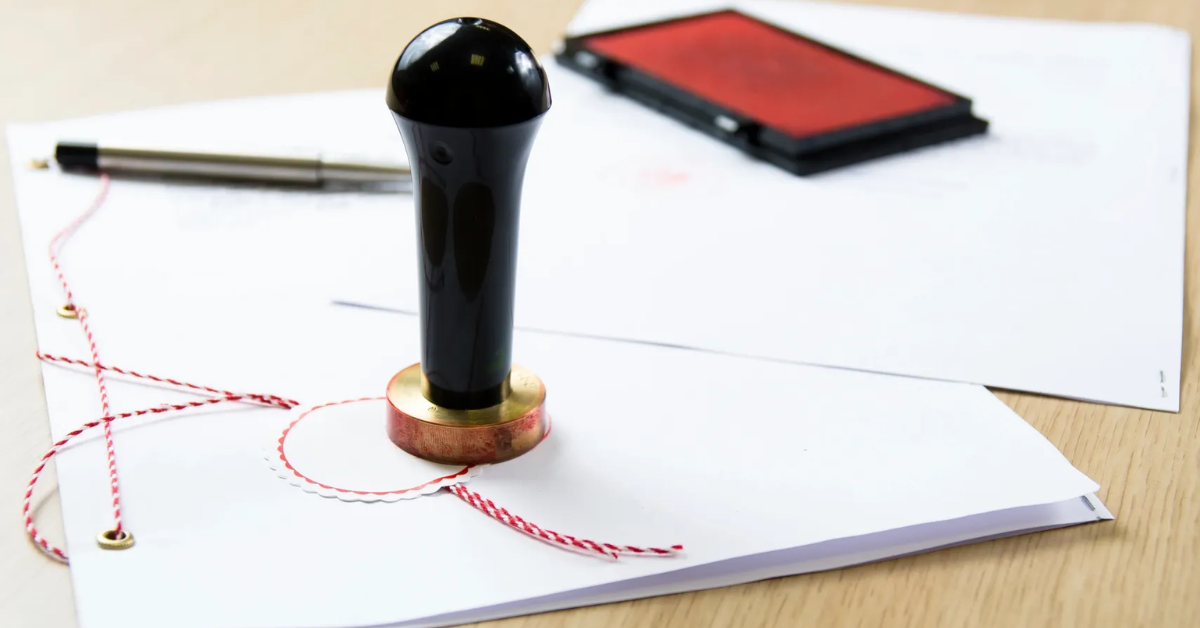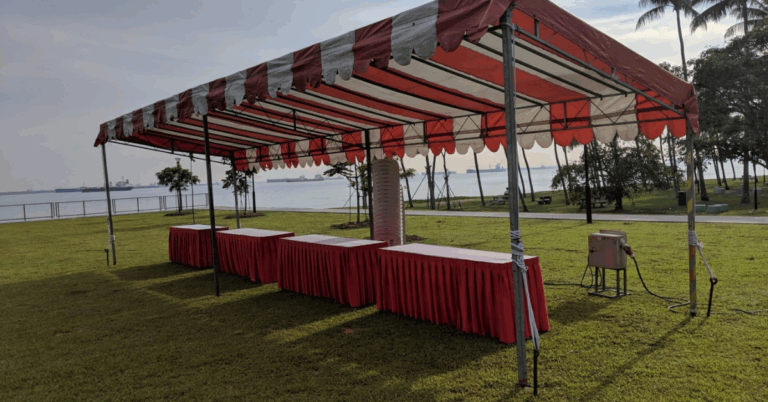Apostille Scranton Pennsylvania PA: A Complete Guide to Document Authentication
In today’s global environment, official documents are often needed for use across international borders—for education, employment, marriage, adoption, business, and legal purposes. If you’re located in Scranton, Pennsylvania (PA) and need your documents to be legally Apostille Scranton Pennsylvania PA recognized in another country, you’ll most likely need an apostille. This essential certification process is a critical step for validating your U.S.-issued documents for international use.
This article will guide you through the apostille process in Scranton, Pennsylvania, including which documents require it, how the process works, and why hiring a professional service may be the most efficient solution.
What Is an Apostille?
An apostille is a certificate that authenticates the origin of a public document for use in foreign countries that are members of the Hague Apostille Convention of 1961. It confirms the validity of the signature, seal, or position of the official who signed the document, making it acceptable in all Hague-member countries without further authentication.
Once issued, the apostille is physically attached to the original document and is recognized by the receiving country as a legitimate and legal certification.
Why You Might Need an Apostille in Scranton, PA
Scranton is home to individuals, families, and businesses with global connections. Whether you’re planning to study abroad, conduct business in another country, or complete a legal process overseas, you may be required to provide officially certified documents.
Typical situations where Scranton residents might need an apostille include:
-
Applying for dual citizenship
-
Getting married overseas
-
Working or studying abroad
-
Adopting a child from another country
-
Conducting international business transactions
-
Transferring assets or handling legal disputes internationally
In each case, an apostille ensures that the documents originating in Pennsylvania are recognized in foreign jurisdictions.
Documents Commonly Requiring an Apostille
The types of documents that often require apostille certification can be categorized into personal, educational, legal, and business-related documents. Below is a breakdown of commonly apostilled documents:
Personal Documents
-
Birth certificates
-
Marriage certificates
-
Divorce decrees
-
Death certificates
-
Background checks (state or FBI)
-
Driver’s licenses (notarized copies)
-
U.S. passports (notarized copies)
Educational Documents
-
High school diplomas
-
University degrees
-
Transcripts
-
Teaching credentials
-
Enrollment verifications
Legal Documents
-
Power of attorney
-
Affidavits
-
Wills and trusts
-
Name change documentation
-
Court orders
-
Adoption papers
Corporate and Business Documents
-
Articles of incorporation
-
Certificates of good standing
-
Business licenses
-
Contracts
-
Trademarks and patents
-
Financial statements
The key to obtaining an apostille is ensuring that your document is properly notarized or certified before submission to the appropriate state agency.
How the Apostille Process Works in Scranton Pennsylvania
The Pennsylvania Department of State is the official agency that handles apostilles for documents issued in Pennsylvania. Although there is no apostille office in Scranton itself, residents can still easily complete the process by mailing their documents or using a professional service.
Here’s a step-by-step overview of how to obtain an apostille in Scranton:
Step 1: Determine Document Type and Requirements
First, determine if your document is an original, certified government-issued document (such as a birth certificate) or a document that needs notarization (like a power of attorney). Government-issued documents must come from the appropriate agency and be signed by an official authorized to issue certified copies.
Step 2: Notarize the Document (If Required)
Private documents such as affidavits, business letters, or copies of IDs must be notarized by a Pennsylvania-commissioned notary public before they can be apostilled. Be sure the notarization is complete and compliant with Pennsylvania standards.
Step 3: Submit to the Pennsylvania Department of State
Once your document is notarized or is an appropriate certified original, it must be submitted to the Pennsylvania Department of State in Harrisburg. You can do this by mail or by working with an apostille service.
Make sure to include:
-
The original document
-
A cover letter detailing your request
-
The appropriate processing fee
-
A self-addressed return envelope or prepaid mailer
Step 4: Receive Your Apostille
Once processed, the apostille will be attached to your document and returned to you. Turnaround time varies based on workload, but typically takes several business days. Expedited services may be available through third-party providers.
Using a Professional Apostille Service in Scranton
Handling the apostille process on your own can be confusing and time-consuming. A professional apostille service in Scranton can simplify the process and reduce the chance of errors that may cause delays or rejections.
Here are a few benefits of hiring a professional service:
Accuracy and Compliance
Experienced providers are familiar with Pennsylvania apostille rules and ensure all documentation is prepared correctly before submission.
Time Efficiency
Professionals can submit documents directly to the state office, often through expedited channels, saving you days or even weeks.
Secure Document Handling
With sensitive documents such as legal or personal identification records involved, working with a trusted service helps ensure secure handling and tracking.
Convenience
Some apostille services offer mobile notary appointments, document pickup and drop-off in Scranton, and email support throughout the process.
Apostille vs. Notarization: What’s the Difference?
A common misunderstanding is that notarization and apostille are the same. In reality:
-
Notarization is the process by which a notary public witnesses a signature and confirms the identity of the signer.
-
Apostille is the certification that makes a document legally acceptable for use in a foreign country that recognizes the Hague Convention.
Notarization is often a required step before obtaining an apostille, but the two are not interchangeable.
Countries That Accept Apostilles
Only countries that are members of the Hague Apostille Convention accept apostilles. These include most European nations, parts of Asia, the Americas, and Australia. If your document is intended for a country that is not part of the convention, you will likely need additional legalization through the consulate or embassy of that country.
Frequently Asked Questions About Apostille in Scranton PA
How long does it take to get an apostille in Pennsylvania?
The standard processing time is typically 5–10 business days. Rush or same-day options may be available through apostille agencies.
Can I apostille a photocopy?
Only properly notarized copies or certified originals are acceptable. Photocopies without notarization will not be processed.
Can I get an apostille for documents issued in another state?
No. Apostilles are only issued by the state in which the document originated. If the document is from another state, it must be processed through that state’s apostille authority.
Is translation required for apostille?
The apostille only certifies the authenticity of the document. However, if the document is not in the official language of the destination country, a certified translation may be required separately.
Tips for a Smooth Apostille Process
-
Use original or certified documents from the appropriate Pennsylvania agencies
-
Avoid common mistakes such as incomplete notarizations or unofficial copies
-
Verify the requirements of the destination country before starting the process
-
Allow extra time for international shipping or consular processing if required
-
Work with a local apostille service to streamline the process
Conclusion
If you live in Scranton, Pennsylvania (PA) and need documents authenticated for international use, obtaining an apostille is a critical step. Whether it’s for travel, education, business, or legal matters, ensuring your documents are accepted abroad begins with proper apostille certification.
By understanding the process and working with experienced professionals, you can avoid delays, rejections, and costly mistakes. With the right guidance, getting your documents apostilled in Scranton can be a smooth, efficient, and hassle-free experience.







